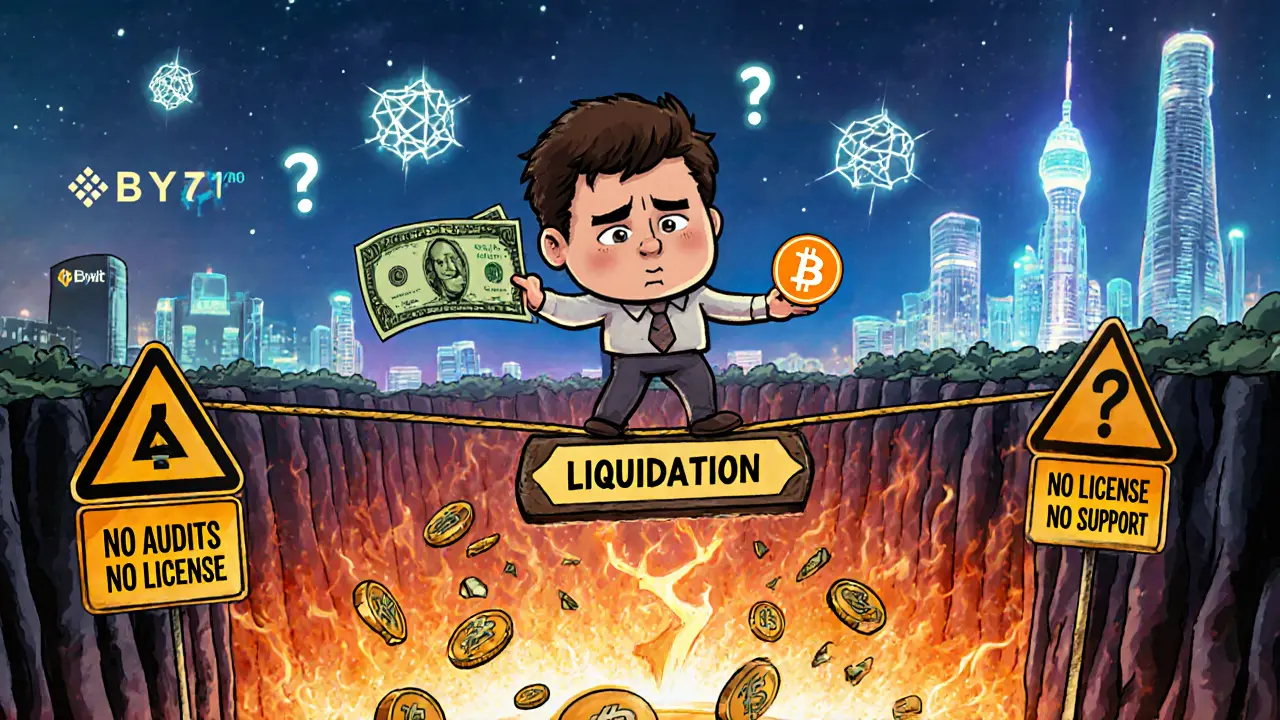Aibit Crypto Exchange: What It Is, Why It’s Not Real, and Where to Find Legit Platforms
When you hear Aibit crypto exchange, a platform that claims to offer fast, low-fee trading with no KYC. Also known as Aibit.io, it’s often listed in scam forums and Telegram groups as a hidden gem—but there’s no official website, no registered company, and no verified user base. This isn’t a platform that got shut down—it was never real to begin with. Fake exchanges like this pop up every week, promising high returns and zero paperwork, then vanish with your funds. They copy logos from real sites, steal social media accounts, and use AI-generated testimonials to look convincing. If you’ve seen ads for Aibit on YouTube or Reddit, you’re not alone—thousands get tricked every month.
What makes these scams dangerous isn’t just the lost money—it’s how they mimic real tools. Legit exchanges like VirgoCX, a regulated Canadian platform with free e-Transfers and strong security, or COEXSTAR, a Philippine-regulated exchange with clear licensing, follow strict rules, publish audits, and have customer support you can actually reach. Aibit does none of that. No phone number. No physical address. No Twitter replies. No support tickets. Just a landing page that disappears after you deposit.
Scammers target people who want quick access to crypto without paperwork. But skipping KYC doesn’t mean you’re avoiding bureaucracy—it means you’re skipping protection. Real exchanges like Ethfinex, a transparent platform with low fees and institutional-grade security, still verify users because it keeps bad actors out. If a platform says "no KYC" and "unlimited withdrawals," run. The only thing unlimited is their ability to steal.
You’ll find posts about Aibit mixed in with real reviews of exchanges like Wavelength, AlphaX, and Sphynx Labs—some of which were real but died, others that were scams from day one. The difference? Real failures leave traces: forum threads, archived websites, news articles. Aibit leaves nothing but silence.
So what should you do? First, check if the exchange is listed on CoinMarketCap or CoinGecko with verified trading pairs. Second, search for "[exchange name] + scam" or "[exchange name] + review"—if the top results are all warning posts, walk away. Third, never send crypto to a platform you can’t verify. If you’re unsure, stick with well-known names like Kraken, Binance (where available), or regional platforms like VirgoCX or COEXSTAR. They might not be flashy, but they won’t vanish overnight.
Below, you’ll find real reviews of exchanges that actually exist—some still running, some shut down, and others exposed as frauds. Each one tells a story about what to look for, what to avoid, and how to protect your crypto from the next Aibit.
